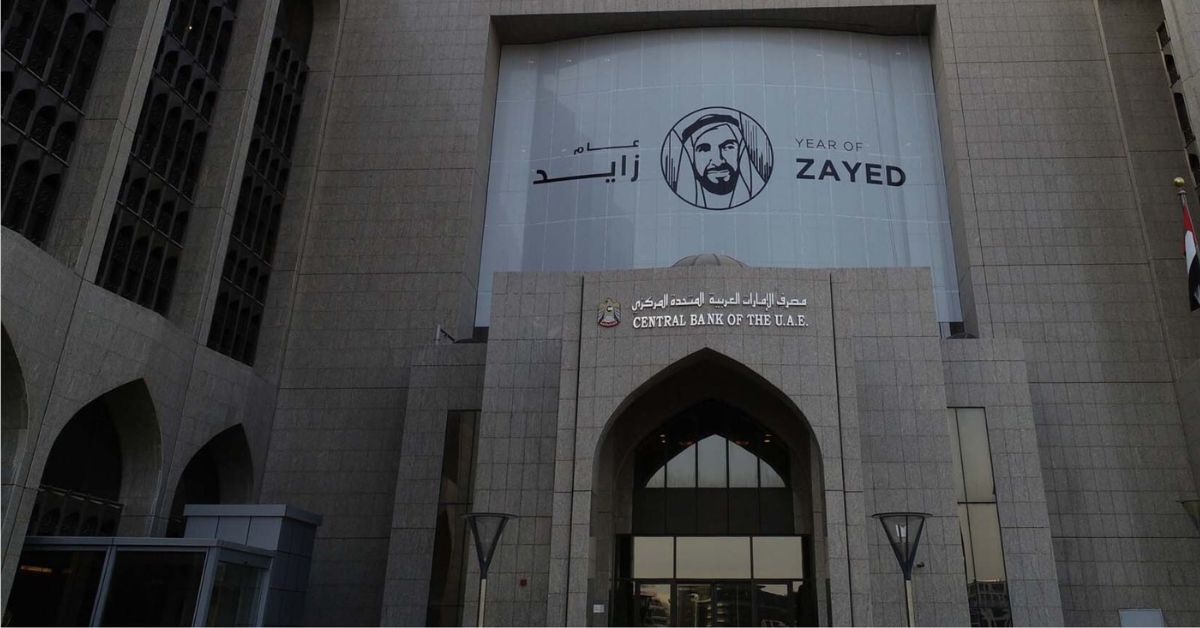DUBAI — Over the past few years, the UAE has witnessed the rise of neobanks and an expansion of traditional banks’ digital offerings. Neobanks are vying for customers of traditional banks by typically offering products and services at lower costs. The regulatory environment for fintechs in the UAE is relatively supportive of the emergence of neobanks.
According to a recent report by S&P Global, neobanks are still in the nascent stages of development in the UAE market. Their current product and service offerings are limited, focusing mainly on deposit gathering and credit card issuance.
Despite the digitalization of traditional banks, most UAE customers continue to favor them. These banks have successfully digitalized, and their digital products and services outshine those of banks in many other emerging markets. Consequently, S&P does not foresee a significant migration from traditional banks to neobanks in the immediate future.
Neobanks have become a global phenomenon. In recent years, they have not only bolstered their presence in the UAE but around the world. Their growth is not confined to any single country or region. For instance, in Europe, neobanks like Revolut, N26, and Monzo have attracted millions of users and have broadened their services across numerous countries. In the U.S., Chime, Varo, and Ally Bank have seen rapid expansion.
Asia is also home to neobanks making significant strides, with examples like WeBank in China, KakaoBank in South Korea, and Tonik in the Philippines expanding their reach.
Statista reports that the global neobank customer base swelled to approximately 188 million in 2022, a substantial increase from around 19 million in 2017. Predictions suggest this number will likely surpass 350 million by 2026. This customer growth has occurred alongside an increase in the number of neobanks, which exceeded 500 in 2022.
Neobanks’ main value proposition to customers is the convenience they offer. Opening bank accounts, transferring funds, and applying for loans can be done easily and quickly. They often try to boost demand by reducing costs for end-users. Unlike traditional banks, neobanks are typically unburdened by legacy IT infrastructure and complex change management processes.
While neobanks could serve as alternatives to traditional banks, they often function as secondary banks in many markets. This is because local populations still prefer traditional banks for core financial activities that require more personalized customer service, such as borrowing and saving.
The UAE is a hub for digital banking. The number of bank customers in the UAE is substantial and growing. Notably, the target customer base is inclined to embrace digital banking services.
Data from research firm GWI indicate that smartphone penetration in the UAE reached 96.2 percent in 2022, one of the highest rates globally and marginally higher than the average penetration rate of 95 percent in Europe.
The UAE’s significant expatriate population, especially low-income workers who remit money to their home countries, drives the demand for cost-effective and rapid money transfer services. The World Bank reports that UAE expatriates remitted $46.5 billion to their home countries in 2021.
According to S&P, neobanks could capture a share of UAE banks’ and exchange houses’ money transfer operations by offering lower transfer fees, providing more favorable exchange rates, and decreasing transfer durations. However, exchange houses continue to lead in remittances, processing over three-quarters of international outward remittances in the UAE, totaling 145.7 billion dirhams in 2022.
The tech-savvy UAE population further stimulates the demand for neobanks and has fostered an appealing ecosystem for banks and fintech companies. These entities deliver cutting-edge services that resonate with millennials and tech-savvy customers.
In recent years, independent neobanks such as Zand, Wio Bank, and Al Maryah Community Bank have surfaced in the UAE, while traditional banks have introduced their digital platforms, like Emirates NBD’s Liv and E20, and Mashreq Bank’s Mashreq Neo.
The comparison website Finder reports that the percentage of adults with neobank accounts in the UAE climbed to 19 percent in 2022, an increase from 17 percent in 2021.
S&P predicts that the adoption of digital-only banks will ascend to about 35 percent-40 percent by 2027, paralleling the global average. It remains to be seen whether customers will continue to rely on traditional banks for primary activities or are ready to transition fully to neobanks.
The regulatory environment in the UAE has been conducive to the rise of neobanks in recent years. The Central Bank of the UAE (CBUAE) has facilitated neobank operations by providing the necessary licenses and approvals while ensuring compliance with regulatory standards. This support has made it comparatively easy for neobanks to enter and innovate within the UAE market, unlike other economies in the Middle East.
Many neobanks in the UAE have also benefited from partnerships or investments from traditional banks, providing customers access to neobank services and enhancing neobanks’ reputability and accessibility.

However, key limitations persist. Neobanks’ offerings, while streamlined and user-friendly, often lack the depth of traditional banks. They typically focus on fundamental banking services such as payment solutions, deposit taking, credit card issuance, and money transfers, which are less sophisticated than the comprehensive services offered by traditional banks.
Moreover, despite the convenience and accessibility of a digital-first approach, it does not fully satisfy customers who prefer in-person interactions. This is particularly relevant in the UAE market, where corporate lending is predominantly relationship-driven and constitutes over 70 percent of total bank lending activities.
Neobanks often encounter challenges in securing funding. As recent banking failures have shown, the ability to raise and retain customer deposits is contingent on trust. Customers who are not well-acquainted with neobanks and their comparatively new banking models may harbor concerns about the safety and security of their deposits—especially since the UAE does not have a deposit insurance scheme.
The Central Bank of the UAE (CBUAE) acknowledges the crucial role that traditional banks play in funding the local economy, particularly as the UAE does not possess an extensive local capital market. The regulator is cognizant of the systemic risks that any disruption or collapse within the banking sector could cause. Therefore, it prioritizes the protection of depositors’ interests and strives to maintain the health and stability of the banking system.
Simultaneously, the CBUAE sees the value that neobanks add to the financial landscape. By fostering innovation and providing competition to traditional banks, neobanks have the potential to spur economic innovation and enhance the competitive environment within the sector.








